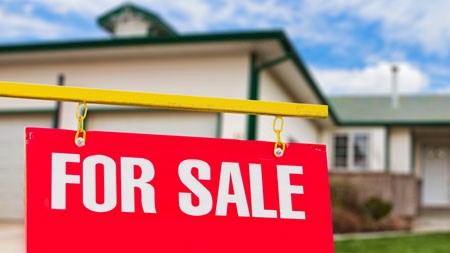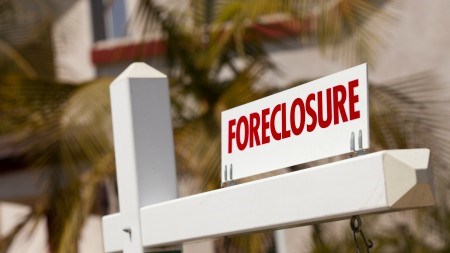If you are currently in the market for a new house, you have probably stumbled upon numerous advertisements for repossessed houses for sale.
A simple internet search will guide you to websites where banks advertise these properties. There are also some estate agents that sell repossessed houses for sale. These properties consist of houses the bank repossessed from clients that couldn’t pay their monthly installments anymore.
If you are at the right place at the right time, you might just find yourself a bargain, but do your homework very carefully as you may easily end up with a property that needs more work than you can afford. It is to the benefit of banks to sell repossessed houses for sale as quickly as possible – as a result these houses will often be less expensive than other properties on the market. By the time you see the repossessed houses for sale advertisement the bank has already (unsuccessfully) tried to sell the property on auction but couldn’t reach the reserve price – the lowest price they will accept.
This is usually the amount the bank needs to recover the outstanding balance on the bond. Repossessed property can save you thousands of rands because you don’t have to pay transfer fees. As the owner of the house, the bank will be liable for Value Added Tax (VAT). However, you will still be required to pay the attorney’s fees as well as bond registration fees. If you plan on applying for a home loan at the same bank that repossessed the house, negotiate with the bank for preferential rates and/or terms. It is expensive for banks to keep the property on their books for an extended period of time and they will often be willing to relax their terms.
It is of utmost importance to inspect every part of the house for possible defects. Repossessed houses are sold “as is” and you will have to fix (and pay!) for flaws detected after you bought the house yourself. Do not rely on photographs or other people’s opinions – go to the house yourself and take a knowledgeable person with you that will be able to give you an objective opinion. Also make sure the area is safe and that there is no external factors that might negatively impact on the value of the house in years to come.
Ask an expert to do a valuation of what the expenditure on improvements will likely be so that you do not underestimate the costs involved. Also keep in mind that bank repos were often neglected because of the owner’s financial difficulties and it will probably need some work. This could mean that you will have to spend the money you originally saved on improvements. Eventually, it is important to make an informed decision. Don’t act hastily and make sure you understand all the legal requirements.



